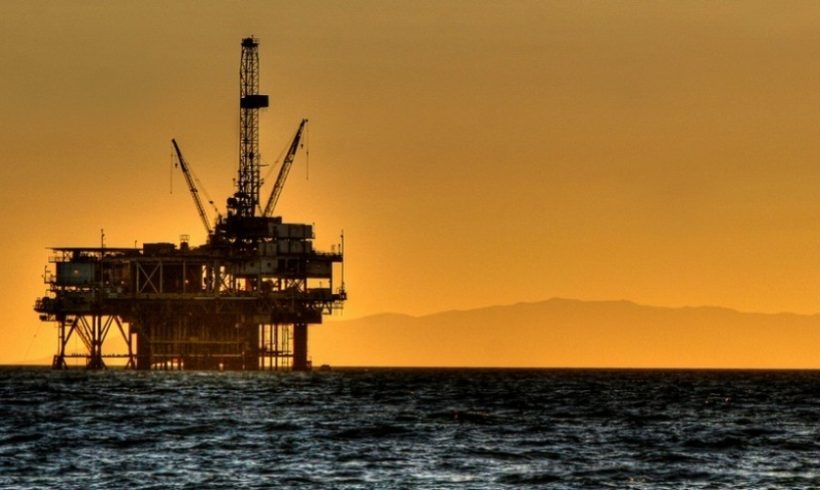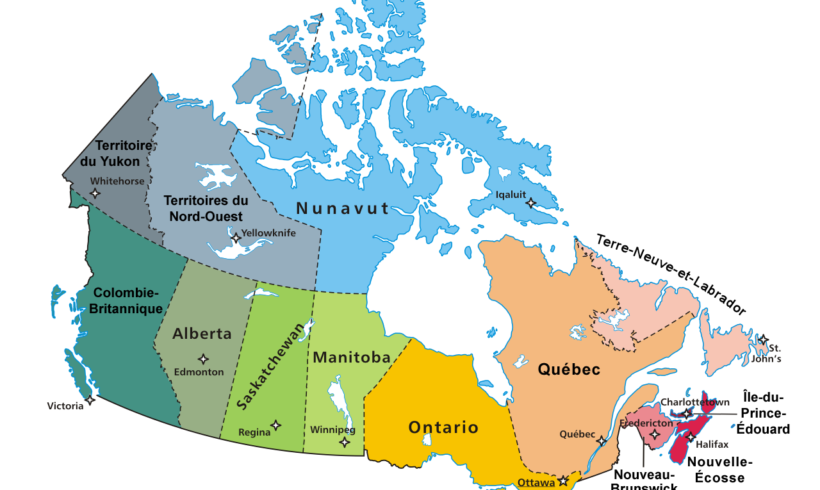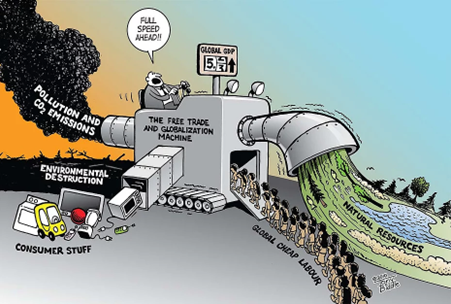By ANDREW GAINES A Force More Powerful: A Century of Nonviolent Conflict tells the stories of a number of 20th Century nonviolent social movements that changed...
Archive for tag: climate change solutions

Advocates Welcome ‘Inspiring’ Ocean-Based Climate Solutions Act as ‘Exactly What America Needs Right Now’
By Jessica Corbett “By presenting smart, focused solutions to the climate crisis, this pioneering legislation propels the oceans into the heart of the climate...

Virginia climate faith group finds persistence leads to progress
By ELIZABETH MCGOWAN The nondenominational Faith Alliance for Climate Solutions has expanded to include 75 congregations and communities. A small gathering of worshipers dispirited...

Scary Science? Teaching Kids the Facts About Climate Change
By MIRIAM ACZEL Our climate is changing, and more rapidly and drastically that we thought. While geological evidence shows that Earth’s climate has constantly been...

What do we produce 2.6 million pounds of, every single second?
By Carole Douglis Hint: While weighty, it’s nearly light as air…. That would be carbon dioxide. A few more million pounds just wafted forth while you puzzled...

Why Recycling Matters: Essential Short Term & Long Term Benefits
By Tania Longeau Recycling is important. If you are reading this article, chances are you already know that. You may not know, however, exactly why it’s so...

Capacity Building for a Greener World
By Beth Offenbacker If you’re focused on capacity-building for Climate Change and a Green Economy, you’ll want to listen to Beth Offenbacker’s report from the recent Green...

7 Ways to Reduce Your Carbon Footprint in 2019
By Tania Longeau Climate change is a terrifying reality. The science behind it is complex, and there are a lot of unknowns in terms of...

Defense Authorization Bill Includes Provisions on Modernizing Energy Infrastructure and Enhancing Resilience
In a visit to Fort Drum on August 13, President Trump signed into law the John S. McCain National Defense Authorization Act for Fiscal Year 2019 (P.L. 115-232), or NDAA. The new law includes key provisions on energy infrastructure modernization, resilience, and climate change preparation in the interest of national security.

Canada and climate change: the transition to a low-carbon economy is a golden opportunity
Justin Trudeau, Canada’s Prime Minister, has received extensive publicity for his active stance on tackling climate change, a marked contrast to his Southern neighbor, President Donald Trump. However, the provinces and territories of this vast country have a range of specific characteristics and conditions that make it difficult to implement climate policies – and a one-size-fits-all Federal policy simply wouldn’t work.
At a provincial level, for example, British Columbia is known for its pioneering carbon taxation policy, which has delivered revenue-neutral emissions reductions by putting a direct price on carbon at the point of sale and redistributing the revenue within the province. In contrast, Quebec and Ontario favour cap and trade schemes to drive down greenhouse gas emissions, a policy they have built together with states in the US, such as California, to ensure they are in synch with important trading partners. This diversity of approach in Canada is reflective of the very different economic sectors, cultures, terrains and demographics the country is home to – including the rural versus urban distribution of people across different provinces.


